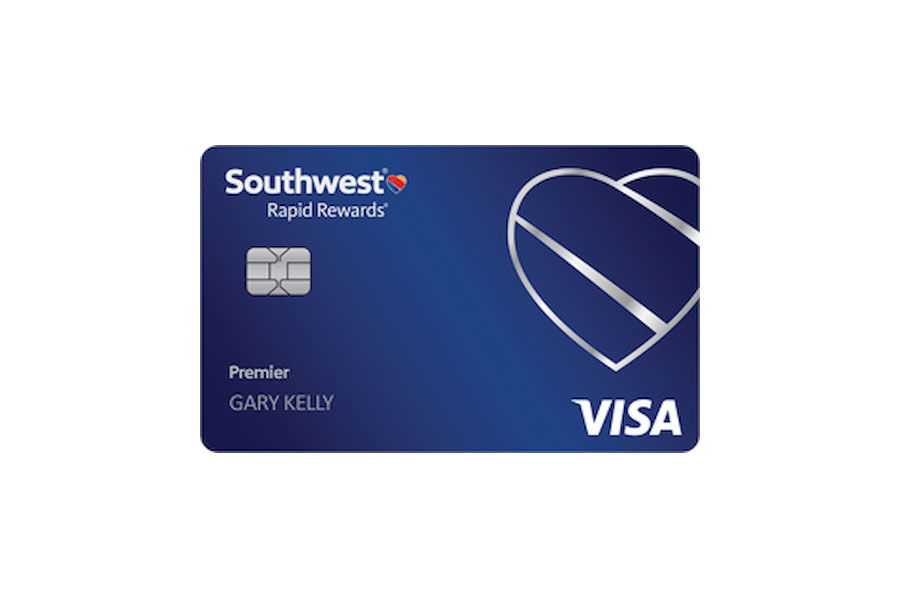If you’re an Apple fan looking to finance your next purchase, the Apple Card may be a great option. However, it’s important to know the credit score you’ll need to qualify. Along with your credit score, other factors can also influence your approval.
By learning about these requirements, you can take the necessary steps to boost your chances of being approved and enjoy the benefits that come with the Apple Card.

Apple Card Benefits and Features
The Apple Card, launched in 2019, blends Apple’s sleek design with simple, transparent credit features. You can use it digitally through your iPhone or with the titanium physical card.
The Apple Card has no fees—no annual fee, no late fees, and no foreign transaction fees. You also earn daily cash back:
- 3% back on purchases from Apple and select partners
- 2% back on any purchase made with Apple Pay
- 1% back when using the physical titanium card
All transactions are secured with Face ID or Touch ID. You can track your spending in real time through the Wallet app and get customer support through the Messages app.
What Credit Score You Need for the Apple Card
Most applicants approved for the Apple Card, issued in partnership with Goldman Sachs, have a credit score of at least 660. That falls within the fair to good credit range. Some people have been approved with scores as low as 600, but that’s less common.
A higher credit score improves your odds, but it doesn’t guarantee approval. Your full financial profile matters, including income, debt levels, and recent credit activity.
Other Requirements to Get Approved for the Apple Card
Goldman Sachs looks at more than just your credit score when reviewing your application. Here’s what else they consider:
- Income: A steady income shows you can handle new payments.
- Debt-to-income ratio: If you owe too much compared to your income, your chances of approval may drop.
- Employment history: Stable employment can work in your favor. Frequent job changes might raise concerns.
- Length of credit history: A longer credit history can make you look more reliable to lenders.
- Recent credit activity: Opening several new accounts in a short time may hurt your approval chances.
- Types of credit: Having a mix of credit cards, loans, or retail accounts shows you can manage different types of credit.
- Public records: Bankruptcies, tax liens, or legal judgments can lower your chances.
- Payment history: Late payments, defaults, or other negative marks can hurt your application. On-time payments help build your credibility.
Eligibility Rules for the Apple Card
You’ll also need to meet a few basic eligibility rules:
- Age: You must be at least 18 years old. Some states may have higher age requirements.
- Residency: Only U.S. citizens and lawful residents with a U.S. residential address can apply. Military addresses are accepted, but P.O. Boxes are not.
- Apple ID: You need an Apple ID with two-factor authentication turned on.
- iCloud Account: You must be signed into iCloud with your Apple ID.
- Credit Report Access: If your credit report is frozen, you’ll need to temporarily lift the freeze before applying.
- Identity Verification: Some applicants may need to provide a valid driver’s license or state-issued photo ID to confirm their identity.
How to Improve Your Chances of Getting Approved for the Apple Card
If you want better odds of approval, focus on these key steps:
- Check your credit scores and reports: Review your credit reports from Experian, Equifax, and TransUnion before applying. Look for errors or negative items that could hurt your chances.
- Pay down debt: Keep your credit utilization below 30%. Lower balances show lenders you manage credit responsibly.
- Show steady income: A consistent income helps prove you can handle new payments. Make sure your income comfortably covers your monthly bills.
- Limit new credit applications: Too many applications in a short time can lower your credit score. Space them out to avoid unnecessary hard inquiries.
- Clean up negative marks: Late payments, collections, or bankruptcies can hurt your approval odds. Credit Saint has helped many people remove these items—they even offer a 90-day money-back guarantee. You can start with a free credit consultation.
- Make on-time payments: Payment history is a big factor in your credit score. Pay all bills on time to build a stronger credit profile.
Bottom Line
Getting approved for an Apple credit card requires a fair to good credit score and a strong financial profile. By following the steps outlined above, you can improve your credit standing and increase your chances of being approved for the Apple Card.
Remember that responsible credit management is an ongoing process, so be diligent in maintaining and improving your credit health for the best possible financial outcomes.
Frequently Asked Questions
Can I get the Apple Card with no credit history?
It’s possible, but unlikely. Most approved applicants have at least some credit history. If you’re new to credit, consider starting with a secured credit card or becoming an authorized user on someone else’s account to build history first.
Does applying for the Apple Card hurt my credit score?
Yes, applying results in a hard inquiry on your credit report, which can lower your score by a few points. The impact is usually temporary, but multiple applications for credit in a short period can add up.
Is the Apple Card good for building credit?
It can be. The Apple Card reports to all three major credit bureaus—Experian, Equifax, and TransUnion. Making on-time payments and keeping your balances low can help improve your credit over time.
Can I use the Apple Card without the physical titanium card?
Yes. You can use the Apple Card through Apple Pay as soon as you’re approved. The physical titanium card is optional, but helpful for places that don’t accept contactless payments.




